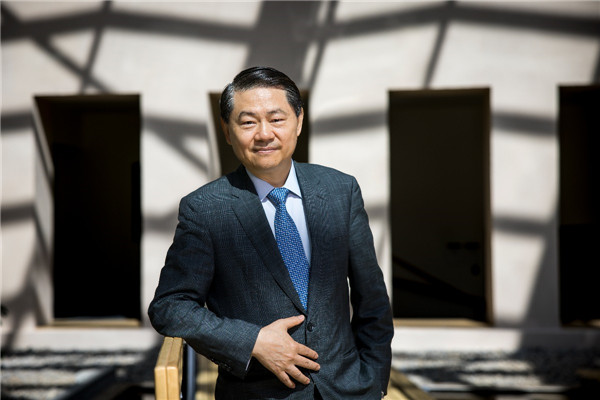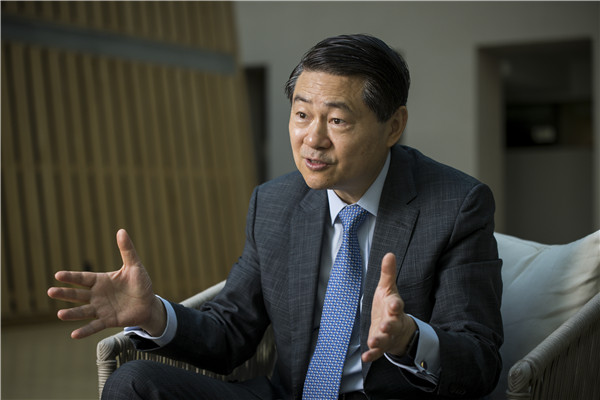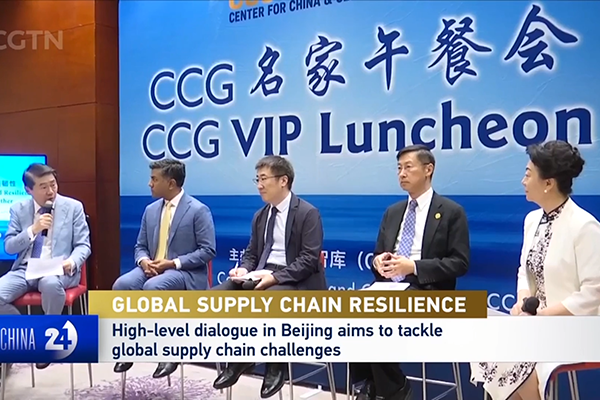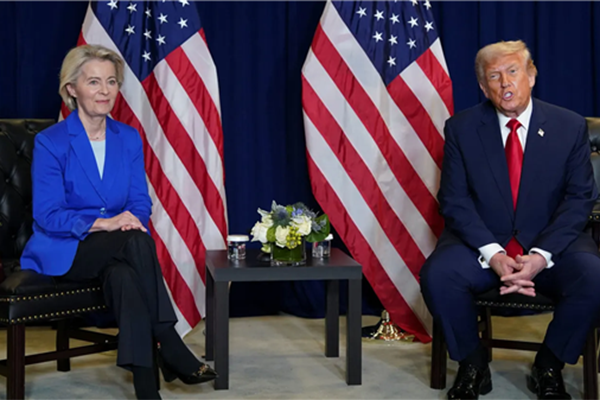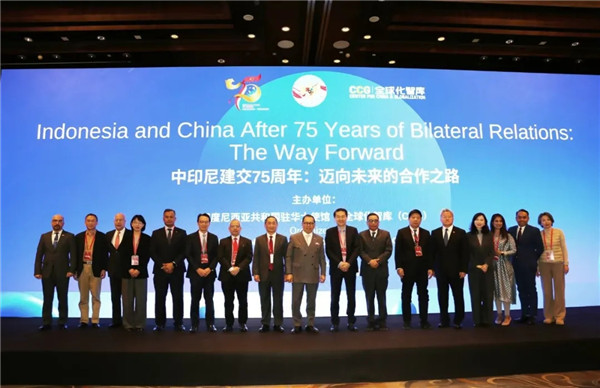Wang Huiyao: The new era of cooperation
October 16 , 2023It is in the interest of the whole world that China and the United States establish a stable relationship and help developing countries, Wang Huiyao, founding president of the Center for China and Globalization (CCG), one of the world’s 100 most influential think tanks, told Eurasia. He believes that China’s Belt and Road Initiative should move in a more multilateral direction.
– What do you think the new kind of globalisation would look like in the emerging multipolar world? What role can China and Europe play in it?
– Today’s globalisation has a new trend. Since the Second World War, we have a global system that was built on the Bretton Woods system. The World Bank, IMF, WTO, and the UN are all international institutions that have greatly promoted peace, prosperity and construction. But the world has greatly changed. We see the emerging developing countries, the BRICS countries, China, Asia, Africa and South America rising. We are entering a multipolar world, and we need to upgrade our system of global governance. This process is going to take some time, with a lot of adjustments. Europe and China can play a very active, constructive role because the first system was largely built by the US. Europe, China, the United States, the Global South, and the developing countries should all work together to build this new global order. We need to have a more developed, inclusive globalisation. It should be an economic globalisation instead of a security globalisation or militarised globalisation, which threatens tragic consequences like the war in Ukraine. Instead, we need more economic organisations like the Belt and Road Initiative or the EU’s Global Gateway programme. We also need to have a consensus on climate change, pandemic prevention, AI development and many other issues.
– In a recent article, you argue that different kinds of democracies should be recognised as legitimate. From a Hungarian point of view, this is an important statement. Can alliances such as the BRI or the SCO strengthen the idea that we should respect democracies with national characteristics instead of insisting that liberal democracy is the only legitimate one?
– We should not look at the world with a binary view, democracy versus autocracy. China does have a democracy. The people’s democracy is not just aimed at elections there are meetings and consultations on many different levels. There is also meritocracy because high school students are selected to universities by examinations based on their talents, and public servants also go through an examination process. This is a Chinese tradition. We also have digital democracy, people are voting with their wallets every day. This complex system makes China very effective and efficient. So I think as the world evolves, as the technology evolves, we need to enrich the democratic process instead of just having elections every four or five years.
– During your visits to other European countries, what were your impressions about how member states want to shape the EU’s China policy?
– I think it’s really important that European countries’ relations with China are very complementary. For example, all the big European auto manufacturers are present in China, they sell more cars in China than in the European countries. China is one of the largest trading partners of Europe. Many European leaders think that China can be an economic partner. We have a little difference in the ideology and maybe in the system, but that doesn’t really prevent us from cooperating. So I think China and Europe need each other because China has a fast-growing middle class, which is almost 500 million people. Europe’s population is also around 500 million people. Eurasia is connected in many ways. Hungary is in the centre of this connectivity, and it can play a very important bridge role.
– In which direction do you think Chinese-US relations will go?
– The recent visits of Secretary of State Antony Blinken and Janet Yellen, the Secretary of the Treasury, have made a big difference. They generated a lot of goodwill among the business community, people-to-people exchanges, and journalism. In the past five years, there have been no high-level visits. Also, there are many Chinese companies on the US sanction list. Yellen openly declared that the US doesn’t want to decouple from China. The whole world wants the US and China to talk to each other, and to really have a stable relationship. We can have differences, sometimes big ones, but we should really work together as the two largest economies in the world. These two visits don’t solve all the problems, but at least they generate a lot of goodwill, a stabilising effect, more confidence for the business
– This year marks the tenth anniversary of the Belt and Road Initiative, the BRI. What do you think has been its greatest achievement?
– The BRI, in the last decade, has made very significant progress, it has connected China and the world. It’s also a public good that China is trying to provide to developing countries and to the world. Many statistics support that. For example, China’s trade with Belt and Road countries has gone up significantly. China has built many highways, bridges, railways and infrastructure for developing countries. The BRI provides enormous help for the economic cooperation between China and the world. Of course, Belt and Road is not perfect. It still needs improvement. I hope that we can institutionalise BRI a bit more to have stronger cooperation and consultation between the countries.
That’s why I was thinking that since infrastructure connectivity is the main common denominator, the BRI could work together with other frameworks, too, such as the already mentioned Global Gateway. Also, China and the US should work together to help the Global South, help the developing countries and show that in a multipolar world, we can work together. We should find new ways of cooperation because not cooperating, not constructing, and not investing means jeopardising the already existing connections and developments, which is a great risk.
– How will the BRI look like in a decade, on its twentieth anniversary?
– I think the next decade of BRI is going to be more inclusive. It should include more actors and have a more multilateral approach. Right now, BRI is doing a lot of bilateral agreements. We could have the Belt and Road Summits in different countries, it should be a global project. BRI could probably participate more in the Ukraine reconstruction.
From Eurasia, 2023-10-16
